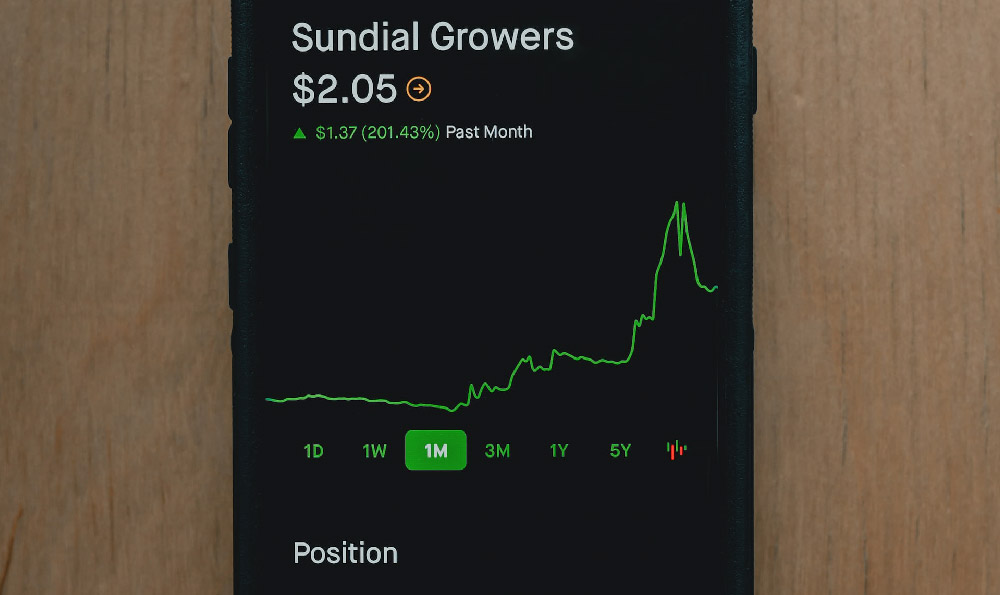In the dynamic landscape of the music industry, traditional revenue streams have evolved significantly, opening new avenues for music producers to generate income. As an industry expert with a focus on sustainable and innovative approaches, it is essential to explore not only the conventional methods but also emerging opportunities that align with technological advancements and shifting consumer behaviors. Let's delve into the multifaceted strategies that can help music producers achieve financial growth while mitigating potential risks.
The transition from physical album sales to digital platforms has redefined the economics of music production. Streaming services like Spotify, Apple Music, and YouTube have become central to the industry, offering producers multiple ways to monetize their work. While these platforms provide exposure, their revenue-sharing models require a deep understanding of listener engagement and data analytics. A producer who can skillfully craft tracks that resonate with specific audiences and optimize metadata for searchability can maximize earnings from these digital channels. For instance, analyzing trends in playlist placements or audience demographics can guide the creation of music that aligns with current market demands, thereby increasing the likelihood of higher royalties.
Beyond streaming, synchronization licensing offers a lucrative opportunity for producers. Partnering with brands for use in commercials, films, or video games allows for additional income through licensing fees. However, this requires a strategic approach to identifying opportunities that match the producer’s style and target audience. A successful synchronization deal often involves understanding the brand’s messaging and ensuring the music complements it, creating a symbiotic relationship that benefits both parties. Producers should also be aware of the legal intricacies involved, including proper royalty agreements and rights management, to protect their intellectual property.

The rise of virtual currency and blockchain technology has introduced novel methods for monetizing music. While this may seem tangential, the integration of NFTs (Non-Fungible Tokens) and decentralized platforms offers producers a way to engage directly with their audience and create unique value propositions. For example, tokenizing music tracks or offering exclusive content through blockchain-based marketplaces can generate additional revenue streams. However, this area requires careful consideration of market risks and technological volatility, as well as the need to educate consumers about these emerging models. Producers who venture into this space should ensure they are well-versed in the nuances of cryptocurrency transactions and the potential for market fluctuations.
Diversifying income sources is a critical strategy for long-term financial stability. Relying on a single revenue stream, whether it’s streaming, live performances, or brand deals, can expose a producer to market risks. By exploring alternative avenues such as music teaching, freelance production work, or even venture into music publishing, a producer can create a more resilient income model. For instance, offering online courses or workshops on music production techniques can tap into a growing demand for educational content, providing both income and a platform to share expertise.
In today’s interconnected world, the ability to manage relationships with collaborators, artists, and stakeholders is paramount. Producers must cultivate a network of trusted professionals and maintain clear communication to ensure projects run smoothly. A producer who can balance their creative vision with the needs of their collaborators often fosters a collaborative environment that leads to higher productivity and better financial outcomes. Additionally, leveraging social media and digital platforms for marketing and audience engagement can amplify a producer’s reach and create additional opportunities for monetization.
The value chain of the music industry is shifting, placing greater emphasis on data-driven decision-making. Producers who can analyze listener behavior, track performance metrics, and use this data to refine their strategies will gain a competitive edge. For example, understanding which genres or themes are trending can inform the development of new projects that align with current market preferences. This approach not only enhances the producer’s ability to generate income but also ensures that they remain adaptable to industry changes.
In conclusion, the path to financial growth for music producers involves a blend of traditional and innovative strategies. By leveraging digital platforms, exploring synchronization licensing, embracing emerging technologies like NFTs, and diversifying income sources, producers can position themselves for long-term success. However, this requires a thoughtful and strategic approach, with a keen awareness of market trends and potential risks. Producers who can balance their creative efforts with strategic planning and continuous learning will navigate the complexities of the industry more effectively, ensuring they not only thrive but also lead in an ever-evolving market.












